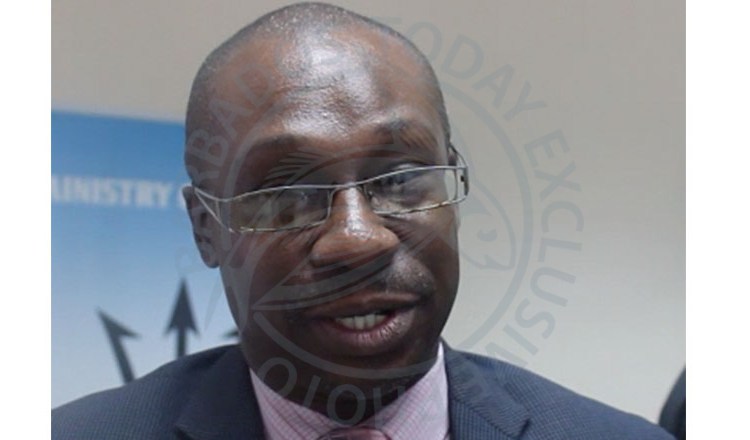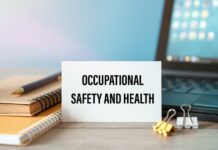
A Government report released today paints a damning picture of the fitness of secondary school graduates to enter the world of work.
The 2017 employers’ survey of 198 businesses, conducted by the Ministry of Labour and Social Partnership, found that secondary school students show poor decision-making skills, poor innovative and creative skills and very poor conflict resolution skills.
Chief Research and Planning Officer in the Ministry of Labour Ricardo Norville said the findings meant that a significant number of secondary school students were not graduating with the generic skills needed to function in the workplace.
Norville said now that the schools know what businesses are saying, the next step must be to “bridge the skills gap”.
“What we are trying to do is bridge the skills gap within the skills needs survey. We want schools to have the necessary information so that they could determine the initiatives and training that would get their students up to the requisite level. We want that when they leave school and go into work, their employers don’t need to teach them the basics,” he told reporters immediately following the release of the report at the Warrens complex today.
The study found that due to the deficiencies employers had serious reservations about the graduates, and were shy to hire them.
The report revealed that within the cultural and creative sectors only 14 per cent of employers were hirin g from secondary schools, while 17 per cent of companies in the international business sector were interested in workers with secondary school qualification.
The bulk of secondary school graduates found employment in the manufacturing and the tourism sectors, which employed 40 and 47 per cent respectively.
However, Norville was careful not to put the blame entirely on the island’s education system, contending that a number of other mitigating factors could account for the findings.
“One has to also bear in mind that a lot depends on the student as well. We have to determine if there is a good uptake of the knowledge or if that student is in a position to be creative. We have to also look at how the children are coping with the STEM subjects such as the sciences, Math and English. It is a symbiotic relationship and it all depends,” he said.
Still, the senior public officer admitted that there was “a lot of work to do”, even as he charged that there were other countries that were even worse off.
“We have been doing this for a period of time and the truth is we are not as bad as some other countries . . . . It is up to our education administrators to do what needs to be done. They are in a better position to determine where they are with the information we provide for them,” Norville said.
According to the report, tertiary institutions operating in Barbados produced graduates, which for the most part, satisfied workforce pre-requisites. The Barbados Institute of Management and Productivity and the Vocational Training Board were the exception to this trend. Only three per cent of companies hired graduates from these two institutions.





